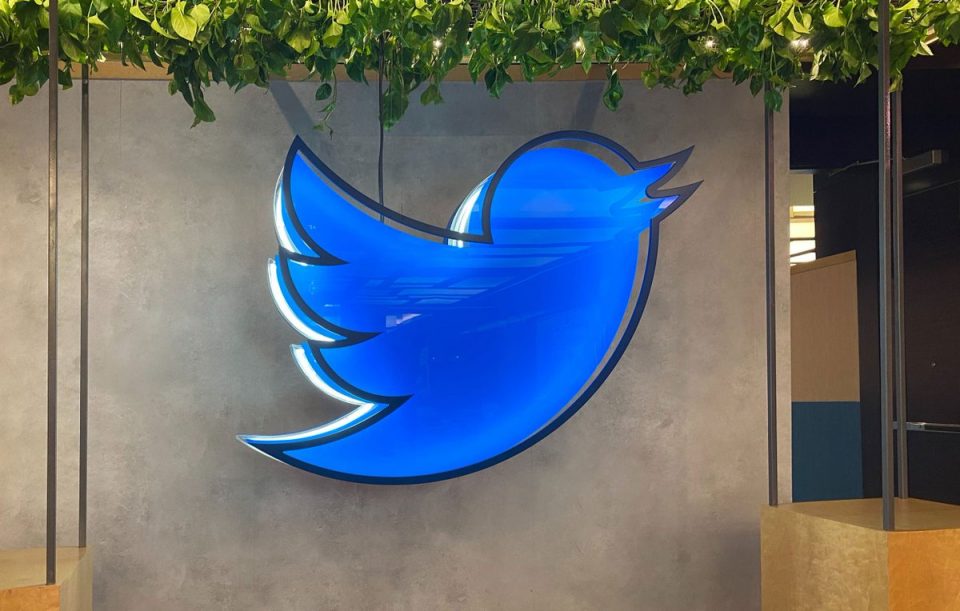Twitter has donated $15 million to help address the COVID-19 crisis in India which is battling the unprecedented second wave of the deadly pandemic. Twitter CEO Jack Patrick Dorsey on May 10 tweeted that the amount has been donated to three non-governmental organizations Care, Aid India, and Sewa International USA. While CARE has been given USD 10 million, Aid India and Sewa International USA have received USD 2.5 million each.
Sewa International is a Hindu faith-based, humanitarian, non-profit service organization. This grant will support the procurement of lifesaving equipment such as oxygen concentrators, ventilators, BiPAP (Bilevel Positive Airway Pressure), and CPAP (Continuous Positive Airway Pressure) machines as part of Sewa International’s Help India Defeat COVID-19′ campaign, the San Francisco-based company said in a statement. Equipment will be distributed to government hospitals and COVID-19 care centers and hospitals, it said.
Reacting to the announcement, Sewa International’s vice president for Marketing and Fund Development Sandeep Khadkekar thanked Dorsey for his generous donation, saying it is gratifying that Sewa’s work has been recognized. “We are a volunteer-driven non-profit organization, and we believe in serving all, following the sacred Hindu benediction, ‘Sarve Bhavantu Sukhinah”,” Khadkekar said.
- Cabinet approves Rs 6,839 crore for Vibrant Villages Programme-II to boost border development
- ChatGPT Can Create Fake Aadhaar, PAN Cards—But Here’s Why It’s Not a Big Concern
- China to impose 34% additional tariff on all US goods from 10th April
- Rs 18,658 Crore Rail Network Boost to Strengthen Connectivity Across Three States
- Aerem Secures Rs 100 Crore Through Series A
CARE is a leading humanitarian organization fighting global poverty. Twitter said the grant of USD 10 million will support CARE’s urgent action to help address the deadly second wave of COVID-19 infections devastating India. “Funds will be used to supplement government efforts by setting up temporary COVID-19 care centers; providing oxygen, PPE kits, and other critically needed emergency supplies for frontline health workers; and addressing vaccine hesitancy and helping ensure that people get vaccinated, particularly in remote, marginalized communities in India,” it said.






